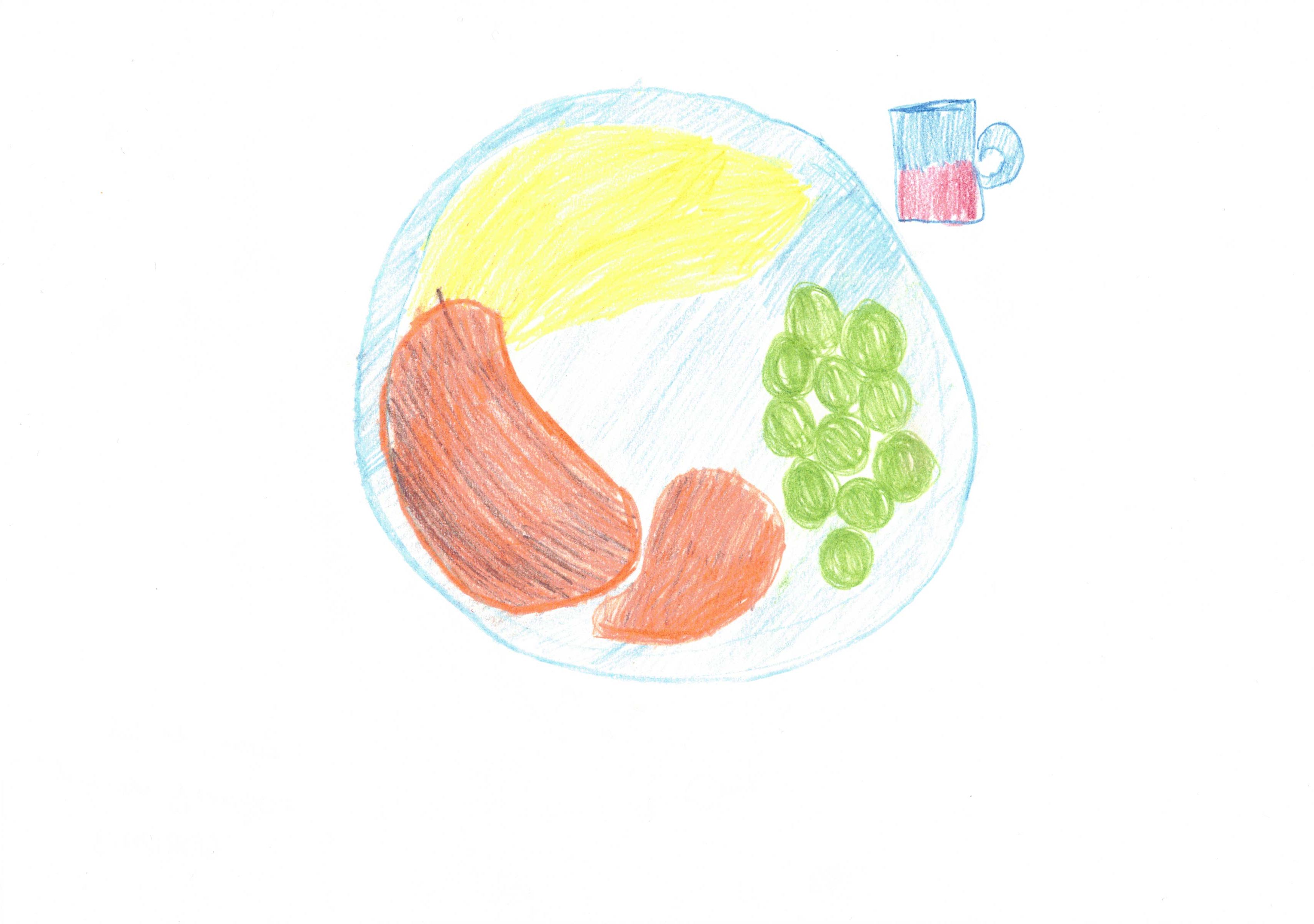Ice Cream in the Belly: Johann Josef Rambach’s Alimentary Topographies of Hamburg around 1800

Everybody enjoys ice cream. When spring arrives, sunshine fills a city’s streets. As temperatures rise, summer is in sight. This blog post offers a historical perspective on ice cream. It reflects on an account that observes conditions of living and practices of food consumption in the Hanseatic middle class—while talking about ice cream. In 1801, the medical practitioner Johann Jakob Rambach published the book Versuch einer physisch-medizinischen Beschreibung von Hamburg (trans. Essay on the Physical-medical Description of Hamburg), writing about ice cream consumption as a rather new gastronomical fashion that affluent bourgeois people celebrated: In this blog entry, I use Rambach’s account of the alimentary, physical and socio-topographical urban landscape of the city of Hamburg around 1800 to offer a…



